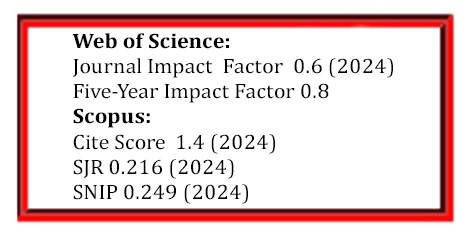Palm Shell Ash-based Geopolymer Mortar Innovation as a Sustainable Construction Solution
DOI:
https://doi.org/10.5755/j02.ms.39657Keywords:
palm shell ash, geopolymer mortar, mechanical propertiesAbstract
This study examines the potential use of palm shell ash, a byproduct of Indonesia's palm oil industry, as an environmentally sustainable alternative to cement in geopolymer mortar. The primary objective is to improve environmental sustainability by decreasing CO2 emissions in the construction industry. The study utilizes an alkaline solution of sodium hydroxide (NaOH) and sodium silicate (Na2SiO3), along with silica fume and a superplasticizer, to assess the influence of palm shell ash on the mechanical, physical, and chemical properties of geopolymer mortar. Fourier Transform Infrared Spectroscopy (FTIR) to analyze functional group compounds, Scanning Electron Microscopy (SEM) for microstructure examination, and X-ray diffraction (XRD) to identify crystal phases. The work uses machine learning techniques to compare actual compressive strength with predicted values, aiming to enhance the accuracy of strength predictions. Initial findings suggest that using palm shell ash into geopolymer mortar improves mechanical performance and reduces reliance on conventional cement. This underscores the potential of palm shell ash as a sustainable material in the construction sector, contributing to environmental conservation and resource preservation.
Downloads
Published
Issue
Section
License
The copyrights for articles in this journal are retained by the author(s), with first publication rights granted to the journal. By virtue of their appearance in this open-access journal, articles are free to use with proper attribution in educational and other non-commercial settings.



